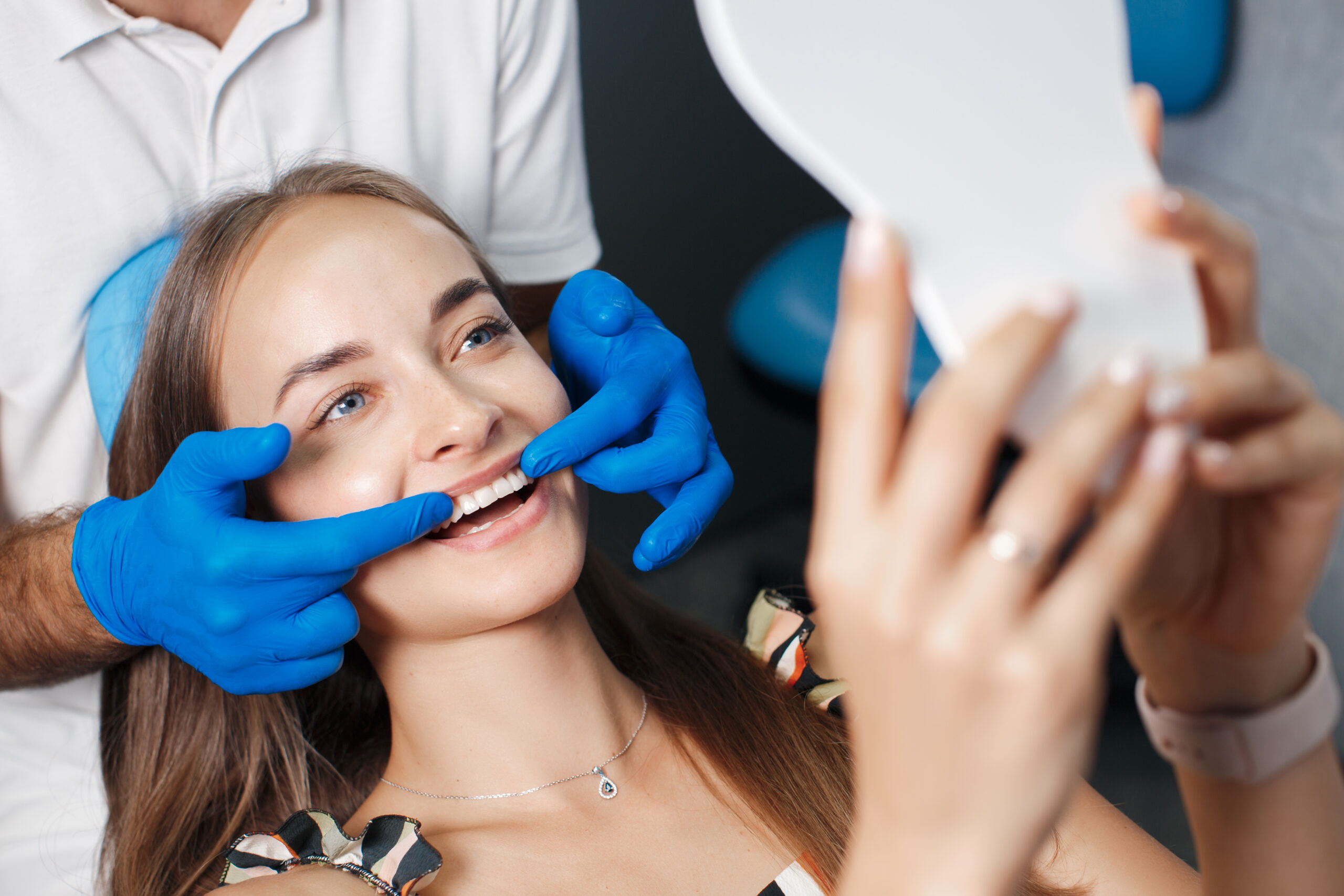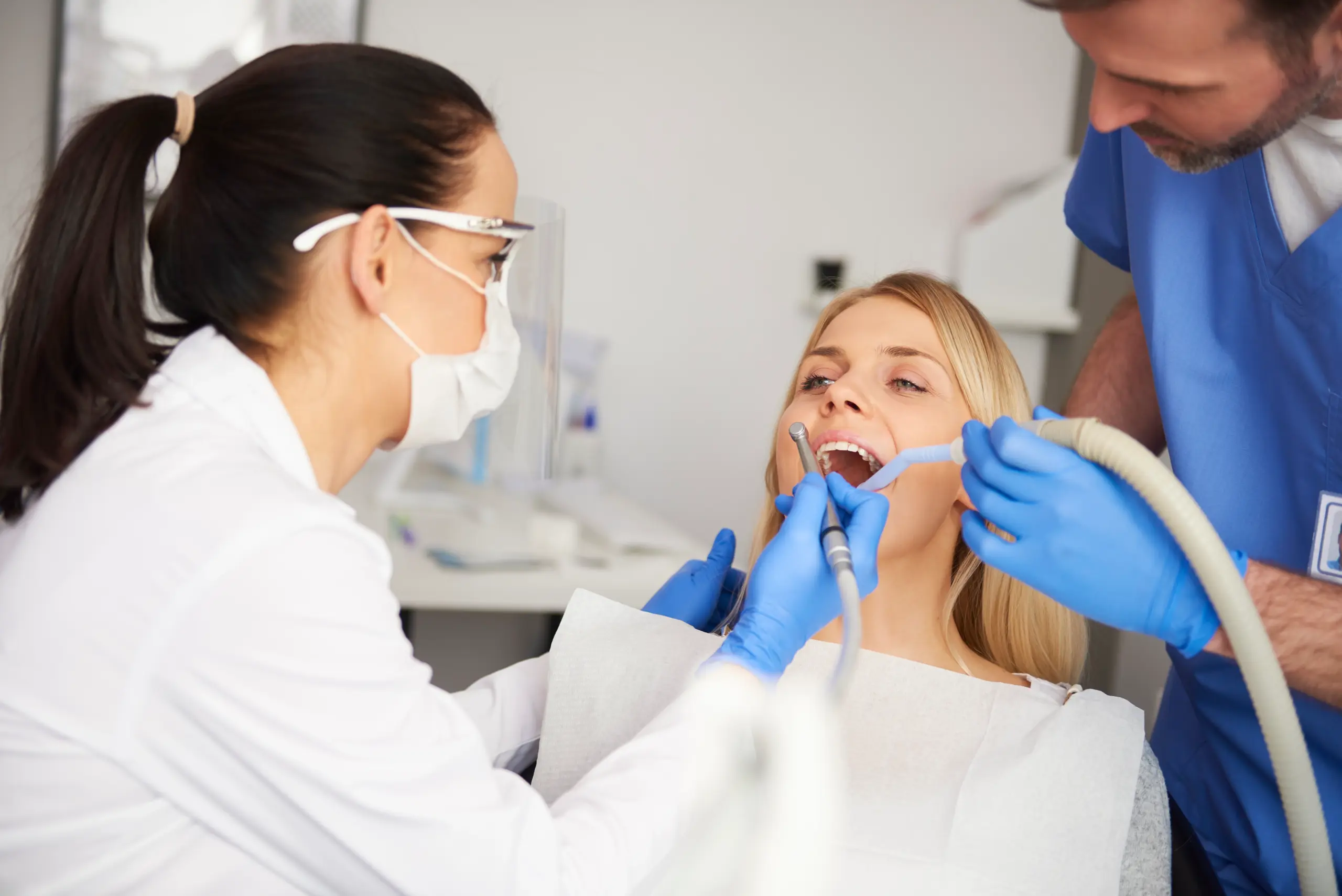Bad breath, also called halitosis, is an embarrassing hygiene problem that no one wants to have, but many people often get it. For you to know how to cure halitosis, you have to understand what causes the symptoms in the first place.
Your mouth is always filled with bacteria, and usually, a mouth that is dirty causes bad breath. The food that you eat often ends up getting trapped along your gum line and between your teeth, which becomes bacteria’s breeding ground. Bad breath occurs when you do not clean this area. Another common cause of halitosis is drinking alcohol or eating any food that has a very strong odour, like onions and garlic.


These types of food will end up creating a bad odour in the mouth. Your body absorbs some of them, and they enter your bloodstream, which causes you to start breathing the bad odours through your lungs.
How Do I Get Rid of Bad Breath?
Proper oral hygiene and regular dentist visits are essential for a healthy mouth. However, there are some things that you can also do yourself to help fight off halitosis and bad breath. When you use home remedies for fighting bad breath together with your regular dental care and visits, it can make a big difference to your overall oral hygiene over time. Therefore, you should follow these simple tips to get rid of bad breath:
Brush and Floss Regularly
Brushing your teeth along with flossing every day are the most critical actions that you can take to prevent bad breath. According to ADA (American Dental Association), if you neglect to floss and brush every day, food particles can end up lingering in your mouth and cause bad breath. So, it is recommended to always brush two times per day for two minutes or more.
Today, flossing is an integral part of everyday oral care and the ADA recommends people to floss at least once daily. Correct flossing after having your meal always cuts down on bacteria, plaque plus odour-causing food particles. Also, flossing helps to stop gum disease (periodontal disease), which also causes bad breath.
Hydrate
Another simple step that you can take to ward off bad breath is drinking enough water. Odour-causing bacteria can start developing when your mouth does not have enough moisture needed to produce saliva. Side effects that arise from certain medications, diseases and medical conditions can end up depriving you of this necessary moisture. Also, in healthy people, not having enough water can contribute to dry mouth.
Staying hydrated is essential, especially before and after vigorous exercise, when fast breath can end up increasing dry mouth. Although it is a healthy practice, you should drink plenty of water when you wake up in the morning. Dry mouth can occur when you are still sleeping, hence hydrating first thing when you wake up gives you an advantage on a night when you have collected bacteria.
Watch What You Eat
It is common knowledge that foods such as garlic and raw onion cause bad breath. When these types of food are ingested and excreted by your lungs, it causes bad breath. But avoiding high-fructose foods (for example, sugary cereal) or acidic foods (for instance vinegar) also cuts down on halitosis. Both sugars and acids increase bacteria production and bad breath. Instead, you should choose a diet that is known to curb odour-causing bacteria and intestinal upset.
Moderate sugar intake and always choose foods that increase the flow of saliva. Here are some examples:
• Proteins such as beans, fish, nuts or seeds.
• A variety of fruits.
• Orange and dark green vegetables.
• Whole grains such as brown rice.
Clean Your Tongue
Usually, flossing and brushing every day is not enough. Your tongue is another breeding ground for food debris, dead cells and bacteria. Cleaning your tongue regularly can effectively reduce compounds that cause halitosis. These compounds will form in your mouth and on your tongue when amino acids and bacteria combine and start to emit a repulsive sulphur-like smell. So, to fight halitosis, you should use a tongue cleaner or a toothbrush to make sure that your tongue is clean.
Use a Mouth rinse
After every meal, use a mouth rinse. Mouth rinse helps reduce gingivitis and plaque, and it freshens your breath. Using mouth rinse alone isn’t an effective remedy for bad breath, but you should use it in addition to daily brushing and flossing.
Fresh breath is an indication of a healthy mouth. A healthy mouth is a good sign of your overall health.




